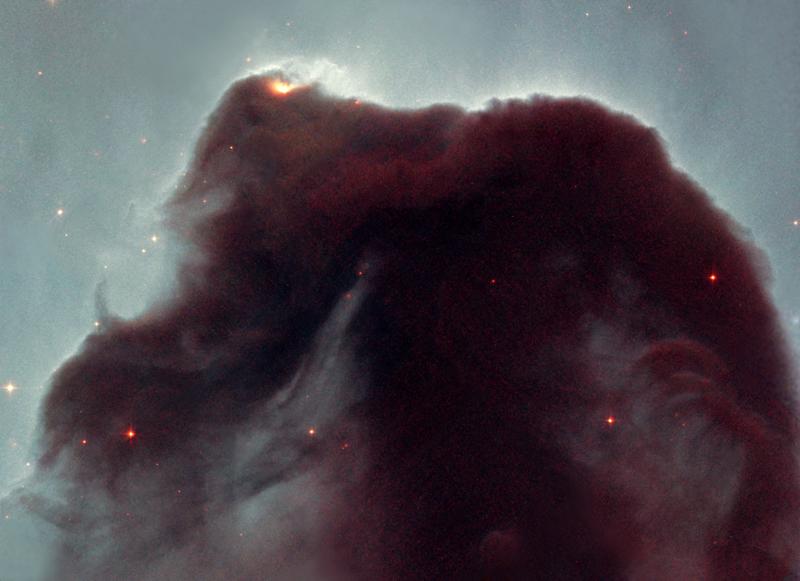What About Venus?
By Evan FinnesThere is a lot of excitement lately about the wet history of Mars, but what about Venus? Did Venus once have a climate which could support liquid water, if so where is the evidence? There are mountains, volcanoes, rift valleys, impact craters, and two small areas of slightly higher elevation which resemble continents. Any physical evidence of past water on Venus would have been wiped out by geological processes which keep the majority of the Venusian surface relatively young.
The atmosphere on Venus is composed of 96% carbon dioxide, 3% nitrogen, and the remainder (less than 1%) is made up of water vapor, sulfur dioxide, argon, and carbon monoxide. The small amounts of water vapor in the atmosphere plus the high levels of CO2 and thick clouds of sulfuric acid may well have been generated by volcanic activity.
It’s difficult to hypothesize water in substantial quantities when there is less than 1% detected in the Venusian atmosphere. Recently, Venus Express observed H+, O+, and He+ ions escaping the Venusian atmosphere. This finding could suggest that the water vapor has been stripped apart by ionizing forces such as solar radiation or electro magnetic activity over billions of years. Hydroxyl was also recently discovered (for the first time on another planet) by Venus Express. Hydroxyl is closely linked to ozone, which could potentially protect a planet from solar radiation and slow the breakup of water vapor.
So what did happen to Venus? Was it at one time more Earth-like with oceans, rivers, and lakes whose evidence was all erased by volcanic activity, or by some external catastrophic event which also put the planet into a retrograde rotation? Was all of this alleged water evaporated into space and then subsequently broken into constituent ions which then escaped into space leaving massive quantities of CO2? Or rather is the premise that there was once a large amount of water inherently wrong? Perhaps there never was water on the surface of Venus and perhaps the dense atmosphere was formed primarily by volcanic activity. One thing is certain; to conclude that Venus was previously water bearing will require further exploration into the planet’s past.
